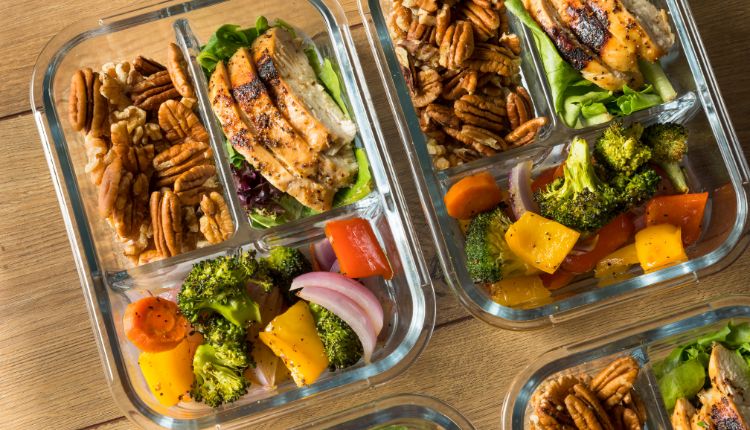6 Ways How to Meal Prep quickly and on a budget?
Reducing expensive restaurant meals rather than cooking them is an effective way to reduce meal costs and regain healthy eating habits. The Bureau of Labor Statistics found that households spend an average of $3,365 per year on groceries outside the home.
Planning at least one meal each day, whether lunch or dinner during the work week, can save you thousands of dollars this year. If you’re cooking on a budget, consider the rice and bean diet – and while it can be a filling meal prep option – there are plenty of ways to find meal prep ideas for less. And if you are tight on scheduling your food preparation, you may also choose a company like Fresh N Lean, which specializes in meal prep.
Here are some tips on how to cook cheaply today.
1. Plan meal prep around sale items
Instead of following your whims for meal prep ideas, take a look at your local grocery store’s sale offers. Tailoring your meal to what’s on offer will allow you to cook on a budget.
To take this concept to the next level, buy your own pantry, fridge and freezer before your next big shopping spree. By focusing on the products and ingredients you already have on hand, you force yourself to be creative with your meal preparation ideas and also reduce food waste.
2. Incorporate grains into meal prep ideas
Grains like brown rice, bulgur, quinoa, and barley are great high-fiber bases for any meal. Planning your meals ahead of time and focusing on whole grains can also lower your grocery costs, since whole grains are generally cheaper per serving than other ingredients like meat.
It also adds important vitamins and minerals to your diet, so you’ll not only save money, but you’ll eat healthily as well.
3. Keep the ingredients simple
Cheap cooking also means planning meals that don’t require unusual or hard-to-find ingredients. While making homemade lobster rolls can be an appetizing idea, seafood will likely cost more. Instead, opt for an affordable alternative like seared tuna.
A helpful rule of thumb is to limit your meal prep ideas to recipes that call for five or fewer main ingredients. In the example of melted tuna, you will need a can of tuna, bread, mayonnaise, cheese and spices.
4. Invest in reusable food containers
While it may sound counterintuitive to buy specialty containers for cheap meal prep, this habit helps in a number of ways. First, you can spread your food portions evenly throughout the week. That way, if you make a recipe that says enough for seven people, you can set aside seven containers of the same amount of food and save your savings for a few more days.
The second benefit of reusable containers is that they make it easier to consume your food. This reduces the chance that you will have to forgo a packed lunch for work because you are late for work or too lazy to prepare it every morning. Pack and distribute your food as soon as it’s cooked so there’s no reason for it to fall off the cart.
5. Use the same ingredients
Between weeks, you may want to change your meal prep ideas. Instead of creating a new grocery list from scratch, find recipes with overlapping key ingredients to save money.
Say you make a week’s worth of bowls of quinoa and chicken and buy 5 pounds of quinoa. Next week, instead of cooking a meal that calls for wild rice, find another recipe that reuses quinoa. You can also substitute similar ingredients with ingredients you already have at home.
6. Get used to repetition
This may be a more sophisticated approach to cooking on a budget, but it’s effective. If you want to eat the same food every day, consider buying ingredients in bulk. When you try their inexpensive method of food preparation, keep ingredients that freeze easily or keep them fresh in your cupboard for the longest shelf life.
For example, bulk ingredients for eating chicken breast, frozen broccoli and brown rice. You can also mix protein and vegetable flavors based on dry herbs and spices in your kitchen.
While pre-planning your meals takes some time and some getting used to, meal prep is possible on a budget. Don’t overcomplicate your diet and stick to these financially healthy habits to see year-round savings.



Comments are closed.